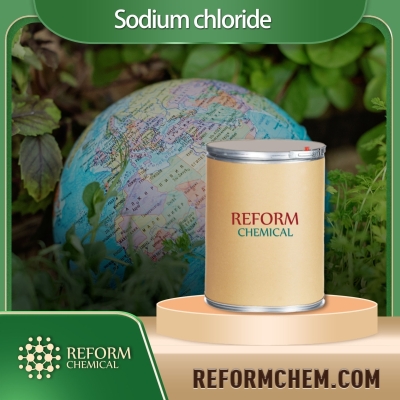-
Categories
-
Pharmaceutical Intermediates
-
Active Pharmaceutical Ingredients
-
Food Additives
- Industrial Coatings
- Agrochemicals
- Dyes and Pigments
- Surfactant
- Flavors and Fragrances
- Chemical Reagents
- Catalyst and Auxiliary
- Natural Products
- Inorganic Chemistry
-
Organic Chemistry
-
Biochemical Engineering
- Analytical Chemistry
-
Cosmetic Ingredient
- Water Treatment Chemical
-
Pharmaceutical Intermediates
Promotion
ECHEMI Mall
Wholesale
Weekly Price
Exhibition
News
-
Trade Service
Calcitonin is a hormone produced by the thyroid gland that plays a crucial role in regulating the body's calcium levels.
It is commonly used in the chemical industry as a catalyst in various reactions, including the production of plastics and other synthetic materials.
However, the use of calcitonin in the chemical industry has raised concerns about its safety.
In this article, we will explore the potential risks associated with the use of calcitonin in the chemical industry and discuss how these risks can be mitigated.
One of the primary concerns with the use of calcitonin in the chemical industry is its potential toxicity.
While calcitonin is naturally produced by the body and has been used in medical settings for several decades, its use in large quantities in the chemical industry raises concerns about its safety.
Studies have shown that high levels of calcitonin can cause a range of health problems, including nausea, vomiting, and diarrhea.
In severe cases, exposure to high levels of calcitonin can even lead to death.
Another concern with the use of calcitonin in the chemical industry is its potential to contaminate the environment.
Calcitonin is a biological molecule, and it can break down and decompose over time, releasing potentially harmful byproducts into the environment.
This can have negative impacts on the ecosystem and potentially pose risks to human health.
To mitigate these risks, it is important to implement strict safety protocols in the production and use of calcitonin in the chemical industry.
This includes proper handling and storage of calcitonin, as well as regular testing and monitoring to ensure that the substance is being used safely and not causing any harm to workers or the environment.
Companies should also invest in research and development to find safer, more sustainable alternatives to calcitonin in their production processes.
In addition to the potential risks to human health and the environment, the use of calcitonin in the chemical industry also raises ethical concerns.
The production of calcitonin involves the use of animals, and the process can be resource-intensive and costly.
This raises questions about the sustainability and moral implications of using animals for industrial purposes.
Companies should consider exploring alternative, more sustainable methods of producing calcitonin, such as biotechnological methods that do not involve animal use.
In conclusion, while calcitonin has a number of potential uses in the chemical industry, it is important to consider the potential risks associated with its use.
By implementing strict safety protocols, investing in research and development, and exploring alternative methods of production, companies can mitigate these risks and ensure that the production and use of calcitonin is both safe and sustainable.







